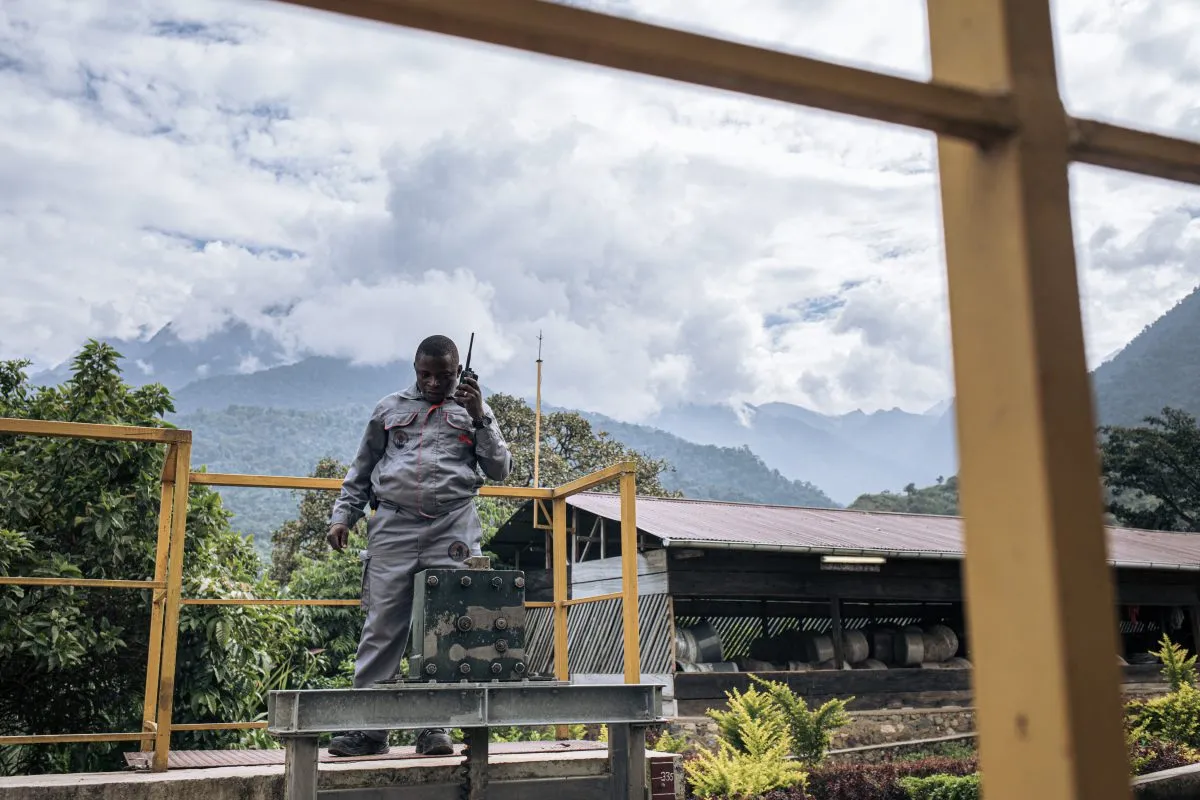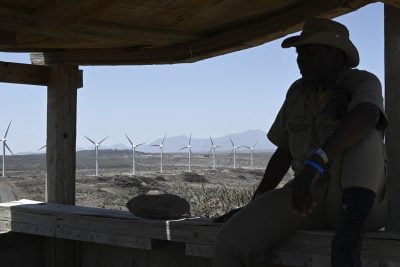With thirty African countries formally endorsing Mission 300 at the recent Africa Energy Summit in Tanzania, the race is now on to provide energy access to 300m Africans by 2030. The success of this ambitious initiative – which is backed by the African Development Bank, the World Bank, the Rockefeller Foundation, and other development partners – hinges on how effectively African governments can collaborate with the private sector to transform the power sector.
In a bid to kickstart reform efforts, twelve African countries presented their national energy compacts at the summit.
Côte d’Ivoire, Nigeria, Tanzania, Liberia, Zambia, Chad, Democratic Republic of Congo, Madagascar, Malawi, Mauritania, Niger and Senegal all presented compacts which outline the concrete steps that policymakers in each country will take to reform their energy sectors, attract capital from private investors, and boost electricity provision. They are time-bound, data-driven, and, by being endorsed at the highest level, are designed to ensure accountability. Additional countries on the continent are expected to follow suit in the coming months.
While each country’s action plan is unique, they share key common features – they primarily focus on clean, renewable, and affordable energy, and they all invite the private sector to play a significant role.
For instance, in Liberia – a country of 5.56 million people where electricity access is concentrated in the capital Monrovia and surrounding areas – the government is banking on distributed renewable energy (DRE) to cost-effectively bring electric power to settlements outside Monrovia. Liberia aims to mobilise $70m of private capital for utility-scale solar and another $80–100m for DRE and clean cooking initiatives.
Meanwhile, Nigeria is committing to more than double the renewable energy share in its generation mix from 22% to 50%. Africa’s most populous nation plans to increase the rate of electrification from 4% to 9% annually to achieve universal access by 2030. The total financing required to meet these bold goals is estimated at $23.2bn. Around $15.5bn is expected to come from the private sector, highlighting the urgent need for reforms to de-risk the energy sector and make it attractive to private investors.
High-level commitments
During a high-level panel discussion, African energy and finance ministers expressed their commitment to transform the continent’s power sector through their respective compacts. Ministers from South Africa, Zambia, Kenya, Côte d’Ivoire, and Nigeria emphasised that while each nation faces unique challenges, success in bringing about transformation is achievable.
However, they stressed that success requires political leadership, policy reforms, and private sector participation. All this underlines the need for strong partnerships, stressed Kenya’s minister of energy and petroleum, Opiyo Wandayi.
“To achieve such an ambitious plan that is bound to benefit millions of people, it is not possible to do it alone. The principle of partnership is at the center of our strategy in terms of not only ensuring universal access to electricity but also in implementing our clean cooking strategy,” he stated.
Wale Edun, Nigeria’s minister of finance and coordinating minister of the economy, highlighted the need for a major transformation in the country’s energy sector, akin to the revolution in the telecommunications sector brought about by widespread access to mobile phones.
“There was a time when people would say that telephones are for the wealthy, the preserve of the rich. And now everybody has one,” Edun remarked, highlighting the necessity for a similar “revolution” in Nigeria’s energy sector to ensure that every household and business in the country has access to electric power.
Reforms to promote financial sustainability
According to Wale Shonibare, the African Development Bank’s director of energy financial solutions, policy, and regulation, the endemic “lack of financial sustainability” facing most African public utilities is one of the major issues that policymakers need to urgently tackle in their power sector reforms. This will help reduce the sector’s reliance on unaffordable subsidies.
“Most of Africa’s public utilities are in financial distress – they struggle to cover their operating costs and cannot finance the required capital expenditure to maintain their operations, thus forcing them to rely on public subsidies,” he stated.
Partnerships with the private sector are essential not only for securing financing but also for bringing in the technology and expertise required for a transformation of this scale. This underlines the vital need for policymakers in Africa’s power sector to intensify efforts to de-risk the sector and make it more attractive to investors.
Shonibare said that development partners also have a crucial role to play in mobilising private capital. Multilateral development banks and philanthropic entities, he said, can catalyse private capital for the energy sector through targeted financing instruments, risk mitigation tools, technical assistance, and policy advocacy.
He stressed that innovative instruments to mitigate currency risks will be particularly instrumental in attracting additional private investments in Africa’s energy sector. Foreign currency volatility and convertibility risks usually undermine the affordability of privately financed power projects.
“Most of the financing available for energy projects today is in hard currency, which is not always sustainable because energy services are paid for by local populations in local currencies, thus resulting in a currency mismatch occasioned by the volatility of local currencies against international hard currencies,” he noted.
‘End political interference’
Shonibare also highlighted the need for reforms aimed at ending political interference in Africa’s energy sector.
“Regulatory authorities are subject to political interference in most African countries, which affects their decision-making and ability to implement policies that support long-term sector development,” he pointed out.
Want to continue reading? Subscribe today.
You've read all your free articles for this month! Subscribe now to enjoy full access to our content.
Digital Monthly
£8.00 / month
Receive full unlimited access to our articles, opinions, podcasts and more.
Digital Yearly
£70.00 / year
Our best value offer - save £26 and gain access to all of our digital content for an entire year!

 Sign in with Google
Sign in with Google 



